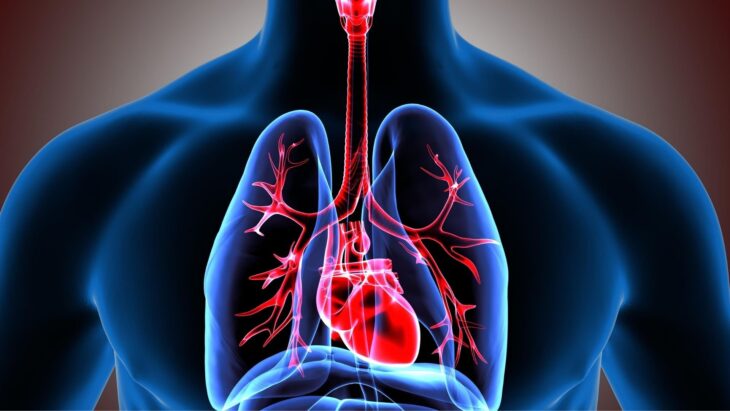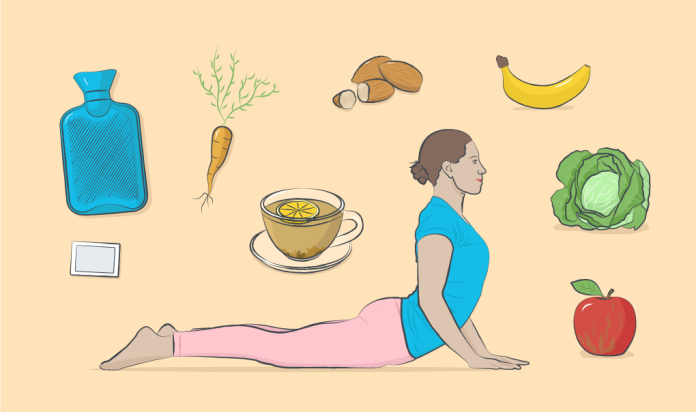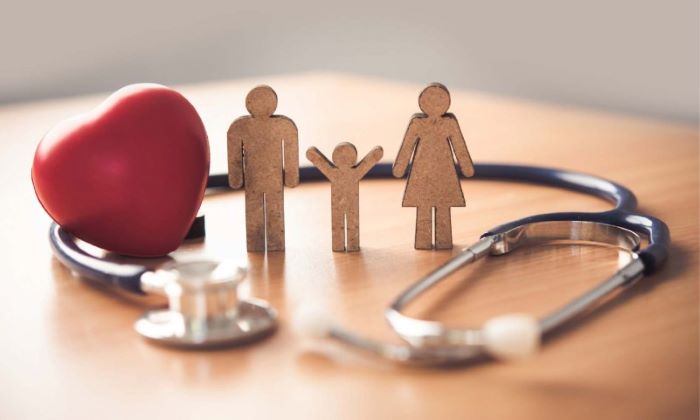Some people cough or choke when eating or drinking. Others feel like the food they just ate is stuck in their throats or they have difficulty chewing food properly. While all these things can happen infrequently, if they are happening every time you try to eat or drink something, you might be suffering from dysphagia.
Dysphagia is the medical term used to describe swallowing disorders or problems. Dysphagia can happen to anyone so keep reading to learn more about it and to see if you or a loved one needs treatment for dysphagia.
What Causes Dysphagia?
When swallowing, the muscles of the throat and esophagus contract and expand to move food from the mouth to the stomach. When these muscles do not contract and expand as expected, you end up with dysphagia. The main causes of an inability of these muscles to contract and expand are muscle weakness, nerve damage, or blockage.
Muscle weakness can be caused by old age, inflammation, scleroderma (a condition that causes the esophagus tissues to harden and narrow), or muscle spasms in the esophagus. This muscle weakness can also be caused by nerve damage caused by stroke, brain or spinal injuries, problems with the nervous system, or immunity problems.
Blockages can be caused by Gastroesophageal reflux disease (GERD), diverticula, inflammation of the esophagus, or tumors in the esophagus.
Although it does not cause dysphagia, the inability to produce enough saliva can make the condition worse. This is because there would be too little lubrication to help reduce friction and help the food go down.
How Serious is Dysphagia?
Because dysphagia can cause food to go down the windpipe, it can cause serious illnesses such as pneumonia. It can also make it difficult to absorb enough oxygen in the lungs if enough food and drinks get into them, and this can cause asphyxiation.
Another reason why dysphagia is so serious is due to the fear it causes. The fear of choking or coughing when eating or drinking can lead to those with dysphagia avoiding eating or drinking. Apart from the fear of how serious choking can be, dysphagia also causes these people to eat less frequently or to eat too little food and drink inadequate amounts. All of these in turn lead to malnutrition and dehydration.
Dysphagia can also cause a lot of stress due to being unable to eat the foods you like or not knowing when you will choke from whatever you eat or drink. Knowing you can choke or cough out foods and drinks can also make social interactions worse.
Treating Dysphagia
Several interventions have been shown to work. One is exercising your swallowing muscles to train them to work together again. The second is changing the foods and fluids you consume or changing their consistency, so they are easier to swallow. This often involves adding food and drink thickeners. Food and drink thickeners like the SimplyThick range can be added to any food or drink to make them easier to swallow.
Other interventions include surgery to remove blockages in the esophagus, dilation of the esophagus, and medications for treating GERD, esophagitis, heartburn, and bacterial infections to prevent future blockages.
Dysphagia can get very serious, very quickly because of the risk of choking and food going down the windpipe. It is important to have a medical check-up if you experience any of the symptoms of dysphagia.
















You must be logged in to post a comment.